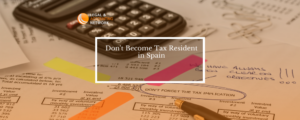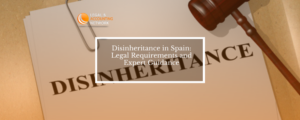Brussels wants to cover the multiple ‘cracks’ in the collection mechanism from EU countries. The European Commission will present an ambitious plan to try to curb the evasion of cross-border VAT (IVA) payments. This fraud leaves a hole of around 50,000 million euros in the public coffers, according to calculations of the commission. The EU’s executive branch estimates that the new system will help reduce tax evasion by up to 80%. The European partners will be able to recover some 41,000 million euros per year, according to these estimates.
The European Commission is focused on an ambition to improve the fight against tax fraud. In the document that will be published, which has been accessed by EL PAÍS, almost a quarter of a century after the last reform, Brussels has proposed a change of rules to combat fraud in the main consumption tax (VAT) and thus plugging the hole through which billions of euros per year escape.
The proposed change is to limit unfair tax competition within the EU: “Currently the VAT system is too fragmented in Europe and is too prone to fraud.” Brussels wants it to be that when a company sells to another within the continent, in the so-called cross-border transactions, the VAT levy to be applied is that of the country where the buyer is located, instead of the country of the vendors, which is the current arrangement. That means that if a company exports to a dozen EU countries, it may be that its products are taxed with ten different VAT rates.
The first consequence of this measure is that exporting companies will lose one of the incentives to establish their headquarters in countries with reduced VAT rates, a practice that has benefited the main e-commerce platforms. The reform will thus hamper the tax planning of large companies and threaten to increase the tax bill of multinationals like Amazon, which operates from Luxembourg or from countries like Malta, with a more favourable tax policy.
If the proposal is approved by the European partners, VAT will continue to be paid to the countries where the companies have their headquarters, but the destination country of those goods and services will have to pay back what they have received. Faced with the complexity of the new system, Brussels wants to the new system to be implemented gradually, firstly with the trade of goods, then, if it works, it would apply to services.
Since exports from one state to another of the Union are exempt from VAT in inter-company transactions, it is now possible to set up tax engineering structures to evade taxes, which means a significant loss of revenue that Europe wants to halt. “Member States should not accept these scandalous losses,” said Commissioner for Economic Affairs Pierre Moscovici.






